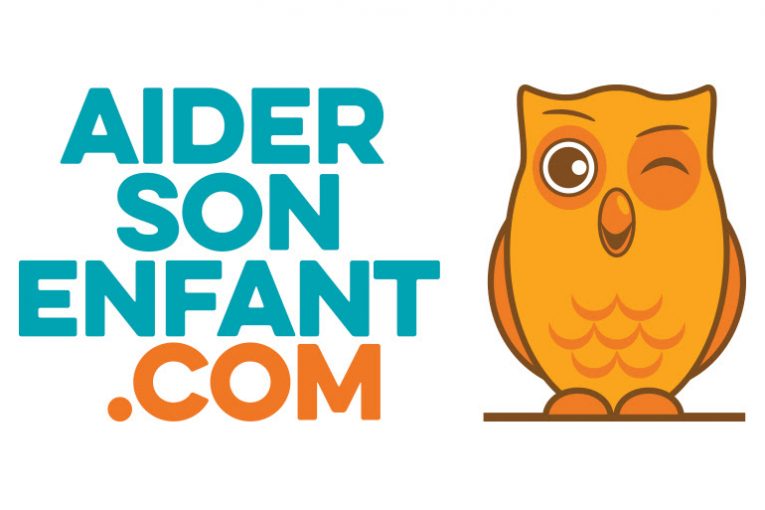Eco-anxiety, a Phenomenon on the Rise Among Teens
Eco-anxiety, a Phenomenon on the Rise Among Teens
THIS ARTICLE IS A TRANSLATION OF AN ORIGINAL TEXT BY OUR PARTNER
AIDERSONENFANT.COM
Every time there’s a climate alert, does your child seem to fall apart and call their future into question? They may be subject to eco-anxiety, a new phenomenon that’s growing among teens. Here are some tips to help them better manage the situation.
It may be difficult for a parent to truly understand what’s going on in their child’s head when they show signs of distress over environmental issues. Is it a fear specific to their generation?
We call it eco-anxiety, explained psychologist Christina Popescu. It’s a rather recent phenomenon that mostly affects young people.
With every new upheaval affecting the planet, young people see, with greater sensitivity than previous generations, the negative impacts of phenomena such as hurricanes, tsunamis, droughts, pollution and extinctions of certain animal species. And even worse, the extinction that some young people may fear most—that of the human race.
I don’t want to have kids because of my eco-anxiety.
-Marie Alexandra, 17 ans
The most important piece of advice I can give is to never make fun of a young person with eco-anxiety or downplay what they are feeling. It’s important to accept that they can feel fear, sadness and helplessness, explained the psychologist.
Of course, not every young person will develop worrying symptoms. But even though some will simply adopt a greener lifestyle in the fight for the environment, others may experience it as a real source of anxiety. And the latter may have to deal with actual symptoms of anxiety, such as:
- Panic attacks
- Trouble eating or sleeping
- Negative or even obsessive thoughts (in this instance, thoughts about the consequences of environmental disasters)
- Mood swings
- Feelings of sadness and of not knowing what to do
- Lack of motivation
- Reduced ability to concentrate
- Dark thoughts about the future
Eco-anxiety is a host of negative emotions that result from anticipating climate change and its future consequences. For young people, it’s a very serious matter, because they feel that their future is under threat. -Christina Popescu
And, as this expert adds, this fear for the future could have serious consequences, even in their current life.
A teen or young adult with eco-anxiety could very well think, “Why bother graduating?” They might even try to escape reality by experimenting with drugs and alcohol.

Fighting an empire
Like Asterix’s Gauls, young people feel that they, too, have to fight an empire—one consisting of polluters and all those who contribute to mistreating the planet.
A tough battle and, more importantly, an unequal one in their eyes.
I find it a bit hypocritical that adults criticize war, but not what they did to the planet. – Nicolas, age 14
The good news
It’s true that there’s no magic potion to deal with all this, but solutions do exist. Does your young person want to change things? Don’t hesitate to give them positive support.
The goal here isn’t for the parent to also start having negative feelings, but rather to do something positive through a form of family engagement for the benefit of the environment.
A few very simple ideas
- Have a vegetable garden in the yard or in a community garden.
- Write a letter to your member of the Legislative Assembly with your young person.
- Take walks outdoors and pick up waste paper.
- Use bicycles to do errands together.
- Get involved in green community initiatives.
- Take part in an environmental demonstration that your young person cares about.
- Buy products sold in bulk, letting your child choose organic food.
The important thing is to continue to take action. Short on time? Try a zero waste competition or share a good initiative you found on the internet with your child.
Even with simple actions, a young person can feel engaged and active. Knowing that they can have a positive impact on their community could give them a sense of effectiveness, stated Popescu, confidently. And above all, you shouldn’t forget to show them positive examples of engaged people or groups that have appeared in the media or on social media.
There are no passengers on Spaceship Earth. We are all crew.
– Marshall McLuhan
We all need to acknowledge that protecting our planet is an important cause worthy of everyone’s engagement. And if this awareness comes with anxiety for some people, we need to support them and help them take positive action in their chosen initiative.
An initiative that will make us particularly proud of them.


CONTENT OFFERED BY OUR PARTNER
Our mission: to provide support to parents!
Since 2016, Aidersonenfant.com has provided parents concrete, high-quality content free of charge to enable them to better support their children both emotionally and socially, as well as in their academic trajectory. Like social pediatrics, our approach is interdisciplinary.
Everything is connected!
Made up of a solid team of education professionals, our experts have mastered the art of popularizing content (texts, podcasts and web conferences) to make it accessible to everyone. We are committed to equipping and supporting parents of school and preschool-aged children to help them make a significant difference in the progress of their child.
